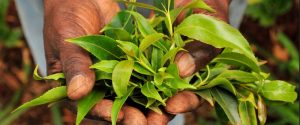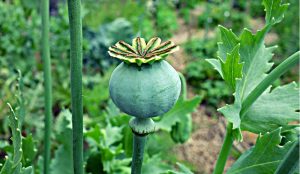Overview of Cultural Perspectives on Illegal Drug Use
Illegal drug use is a multifaceted issue that is perceived and managed in varying ways across cultures worldwide. Influenced by historical precedents, social norms, and legal frameworks, each culture develops unique strategies to understand and tackle the challenges posed by illegal drug use. This exploration of cultural perspectives sheds light on how different societies navigate the complexities surrounding drug consumption and enforcement.
United States
In the United States, the approach to illegal drug use is deeply rooted in legal and criminal justice perspectives. The historical backdrop of American drug policy can be traced back to significant legislative actions like the Harrison Narcotics Tax Act of 1914, which marked a turning point in governmental control over narcotics. This legislative landscape expanded with the Controlled Substances Act of 1970, establishing the legal framework that categorizes drugs into distinct schedules based on their potential for abuse and medical use.
In the 1980s, the U.S. initiated the War on Drugs, a stringent policy that emphasized law enforcement over rehabilitation. The campaign was characterized by increased funding for drug law enforcement agencies and harsher penalties for drug offenses. Nonetheless, recent years have seen some progressive shifts. An increasing number of states have embraced the decriminalization of certain drugs, notably cannabis, highlighting a growing movement toward harm reduction. Advocates for these policies argue for approaches that minimize harm to individuals and communities rather than punitive measures. The transition in perspectives marks a significant evolution in the American context of addressing drug use.
Netherlands
The Netherlands is often recognized for its liberal stance on drug policy, particularly concerning cannabis. The Dutch model prioritizes harm reduction—a principle that aims to minimize negative social and health-related consequences of drug use. This distinctive approach involves the de facto legalization of soft drugs like cannabis, which can be sold openly in designated coffee shops.
Dutch policy delineates between soft and hard drugs, a strategy intended to separate the markets and reduce exposure to more harmful substances. The coffee shop system serves as a pragmatic solution that reduces the illegal drug market’s size while maintaining regulatory oversight over softer substances. By managing drug use as a public health issue rather than merely a criminal act, the Netherlands attempts to curtail drug trafficking-related crime and improve societal health outcomes.
Portugal
Portugal presents an exemplary model of drug decriminalization. Facing a severe drug crisis in the late 20th century, Portugal implemented a pioneering approach in 2001 by decriminalizing the possession of all drugs. Rather than threatening users with incarceration, the Portuguese policy focuses on the provision of comprehensive support services.
This shift from punitive measures to treatment-oriented strategies has reportedly led to positive outcomes. Documented results include reductions in drug-related deaths and infectious diseases, as well as improved access to drug treatment. The Portuguese model highlights a paradigm shift from treating drug use as a criminal issue to approaching it through a public health lens, thereby setting a precedent for harm reduction policies worldwide.
Southeast Asia
In contrast, many Southeast Asian nations enforce stringent drug laws with severe penalties. Countries like Indonesia and Malaysia are known for their harsh stances, while stringent penalties, including capital punishment, are employed, particularly against drug trafficking offenses. These attitudes towards drugs are deeply intertwined with cultural conservatism and a commitment to maintaining strict social order.
Nevertheless, there are emerging signs of transformation within the region. Recent developments indicate a gradual reassessment of drug policies, exemplified by Thailand’s legalization of medical cannabis. Such moves suggest a subtle shift towards exploring more holistic strategies in dealing with drug-related challenges.
Conclusion
Cultural perspectives on illegal drug use reflect an array of priorities and historical contexts. Some countries uphold rigorous legal approaches, while others are forging paths centered around public health and harm reduction. These differing views underscore the importance of understanding the socio-cultural backdrop that shapes drug policy and enforcement strategies globally. In a world characterized by complex drug issues, context-sensitive approaches provide pathways to address illegal drug use more effectively and humanely, ultimately fostering more productive discourse on global drug policy.





